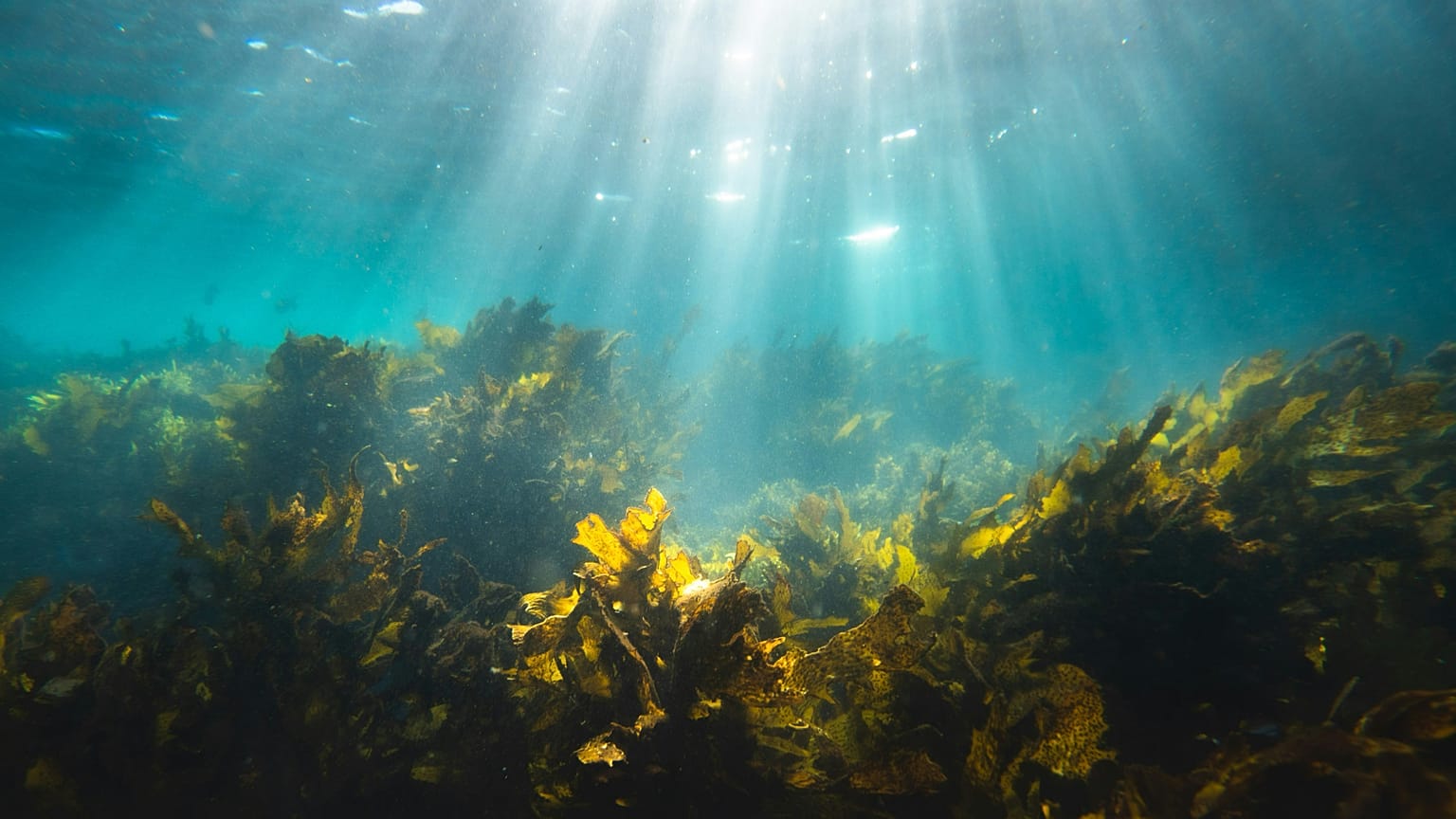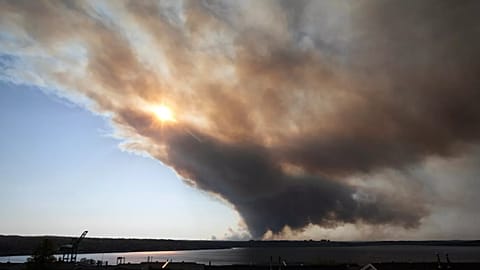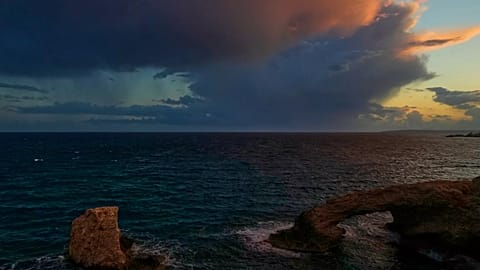Scientists warn that climate change is threatening the seaweed's ability to store carbon and support biodiversity.
 ADVERTISEMENT
ADVERTISEMENT
Marine forests off the north coast of Portugal play a major role in carbon capture and storage, scientists have discovered.
The pioneering research comes from Portugal's Interdisciplinary Centre of Marine and Environmental Research (CIIMAR) and Marine and Environmental Sciences Centre (MARE).
For the first time, researchers have measured the amount of carbon sequestered by seaweed in these underwater ecosystems.
But they warn that climate change is threatening their ability to store carbon and support biodiversity.
Portugal’s kelp forests show remarkable carbon storage abilities
The study, published in the journal Scientific Reports, focuses on the two predominant kelp species along Portugal’s northern coastline: Laminaria hyperborea and Saccorhiza polyschides.
Seaweed forests are fundamental for sustaining marine biodiversity and ecosystem productivity in the area.
"These habitats are common on the north coast of Portugal, where there are unique conditions for their development, and represent the southernmost frontier for some of the species found here," explains Francisco Arenas from CIIMAR, who co-led the study.
The research marked the first quantitative analysis of carbon reserves in northern Portugal's kelp habitats through comprehensive field research, measuring distribution, biomass density, growth patterns, and carbon composition.
"It was the first assessment of the value of blue carbon associated with kelp forests in Portugal," says Arenas.
The findings reveal these ecosystems store approximately 16.48 gigagrams (Gg) of carbon across 5,189 hectares - an area equivalent to over 5,000 football fields.
Despite occupying relatively modest territory on a global scale, these seaweed forests can capture carbon on a scale similar to or greater than more extensive ecosystems.
The amount of carbon stored by these kelp habitats represents 14 per cent of Portugal's documented blue carbon inventory, previously limited to salt marshes and seagrass meadows.
Portugal’s marine forests are at risk from climate change
These kelp forests are estimated to capture one-third of all carbon sequestered annually by Portugal's marine plant habitats.
Despite this, the scientists behind the study say the contribution of marine forests to climate mitigation efforts has historically been overlooked.
They are "often unknown and undervalued, despite their extremely important ecological and economic value on the north coast of Portugal," Arenas says.
What’s more, these marine forests are being threatened by climate change.
"A process of tropicalisation has already been detected in Portuguese waters, which puts the associated biodiversity at risk, as well as the ecological services that these forests provide, including the ability to capture and store carbon, known as blue carbon, contributing to climate change mitigation," Arenas adds.
Tropicalisation is a global ecological phenomenon whereby warming sea temperatures are allowing tropical and subtropical species to expand their range polewards.
The research proposes targeted policies for surveillance, protection, and potential restoration of these zones, emphasising their dual importance as carbon repositories and critical marine habitats.
Given today's climate emergency, researchers advocate for incorporating kelp forests into marine protection and blue carbon frameworks as both national and international priorities.
"With the European Union's Nature Restoration Law in its early stages of implementation, it is urgent to develop and implement effective ecological restoration techniques, particularly in habitats that are highly vulnerable but also have high potential for providing ecosystem services, such as marine forests," says Arenas.

















